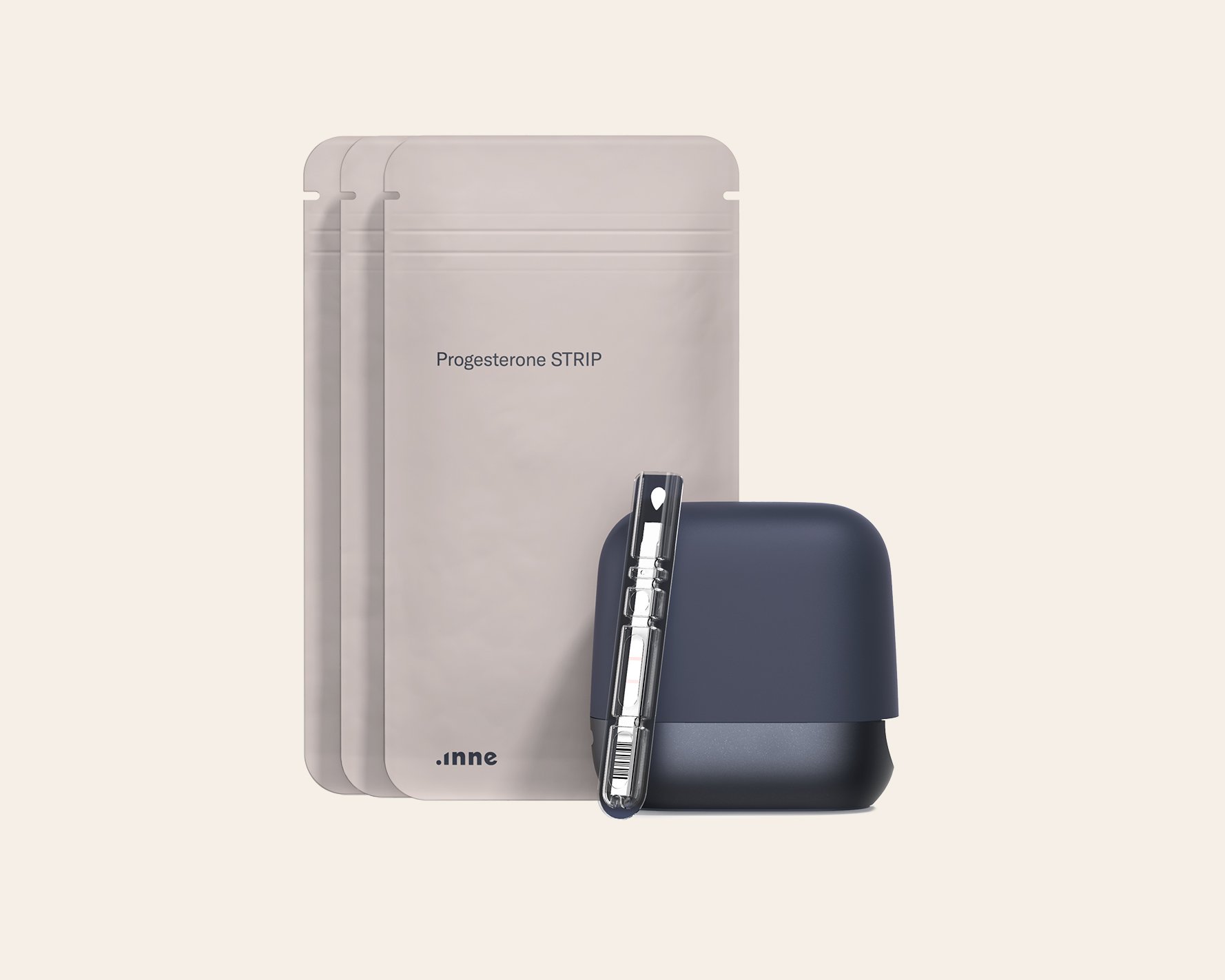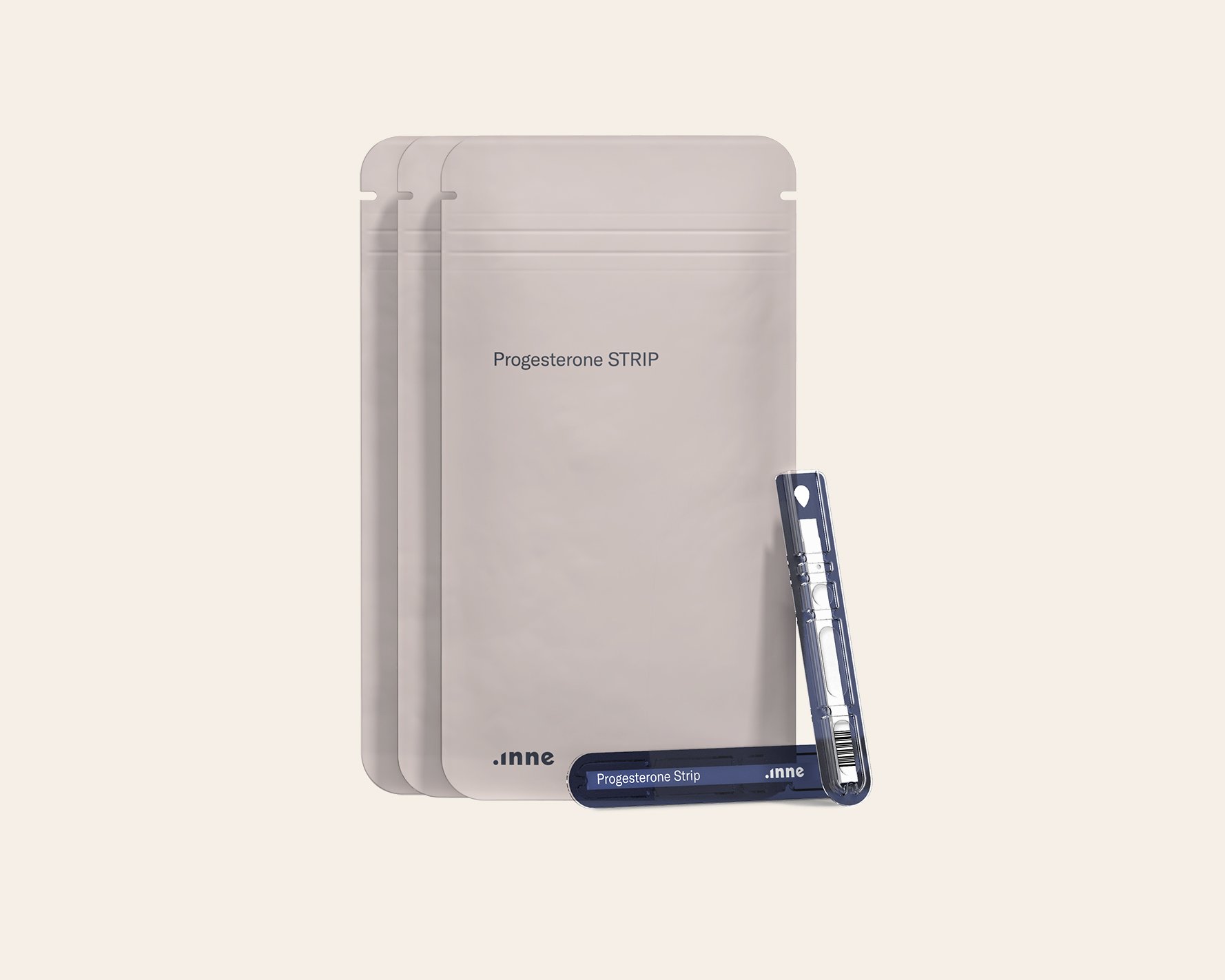Weißt du, ob du heute fruchtbar bist?
- Bestimme deine fruchtbaren Tage
- Tracke deinen Zyklus
- Erhöhe deine Chancen auf eine Schwangerschaft
Verbinde dich mit deinem inneren Rhythmus
Lerne mehr über deinen Körper anhand deines täglichen Hormonspiegels.


Verstehen wann deine fruchtbaren Tage sind
Dein Zyklus ist einzigartig und das feiern wir. inne analysiert deinen Hormonstatus, trackt deinen Eisprung und bestimmt die fruchtbaren Tage in deinem individuellen Zyklus.
- Verfolge die Progesteronkurve- und Entwicklung in deinem Körper
- Erhalte Einblicke in die persönlichen Verhaltensmuster deines Körpers

Tracke deinen Zyklus
Ein Zyklus ist mehr als das Einsetzen oder das Ausbleiben deiner Periode. inne gibt dir tiefgreifende Einblicke in deinen persönlichen Hormonstatus.
- Tracke deine Körperflüssigkeiten, Begleitsymptome und Meilensteine im Zyklus
- Stell die Verbindung zu Deiner individuellen Progesteronkurve her

Erhöhe die Chancen auf deine Schwangerschaft
Schwanger zu werden, ist manchmal schwierig genug. Das Minilab wurde entwickelt, um dir eine einfache Methode zu bieten, die deine fruchtbarsten Tage im Zyklus akkurat bestimmt.
- Finde heraus, wann deine fruchtbarsten Tage sind
- Genieße ein flexibles Zeitfenster für den Speicheltest
Verbinde dich mit deinem inneren Rhythmus
Das inne Minilab ist der weltweit erste, zertifizierte speichelbasierte Hormon- und Zyklustracker.
- 12-Monats-Plan
- €29/Monat
- €129 inne Minilab

- inne Reader
- inne Strips für 1 Monat
- Anleitung & Ladegerät

- inne Strips für einen Monat
- monatlich bequem zu dir nach Hause
Ist inne für mich geeignet?
inne ist ideal für dich, wenn folgende Kriterien seit mindestens 3 Monaten auf dich zutreffen:
Entdecke unseren Blog mit wissenschaftlich fundierten Artikeln unserer Experten.
Dich trennen nur noch ein paar Tage davon, Deinen Hormon-Status besser zu verstehen
Wir haben Antworten auf die am häufigsten gestellten Fragen für dich zusammengefasst.